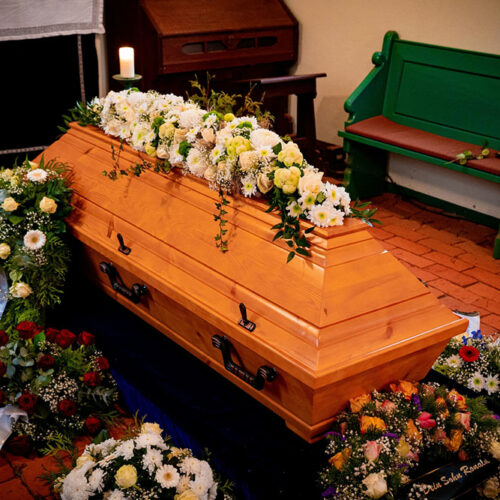6 common warning signs of herpes

Herpes is a prevalent sexually transmitted infection (STI) caused by the herpes simplex virus (HSV). Oral and genital herpes are its common types. The disease spreads by skin-to-skin contact during intercourse. It has no cure, meaning once a person contracts the virus, it stays in their body for life. Some patients with herpes may show mild or no symptoms, while others may develop the following noticeable and bothersome warning signs. Fluid-filled blisters Painful, fluid-filled blisters or sores are among the most characteristic signs of herpes. A person may develop one or more of these after two to 20 days of infection. The blisters may last for seven to ten days. Their location may vary depending on the type of herpes: Oral herpes (HSV-1): In most cases of oral herpes, the blisters appear on one’s lips or the region around the mouth. Sometimes, they may even form on the face or the tongue. Also called cold sores, they tend to go away on their own after a few weeks. While they can make one uncomfortable, they are generally harmless among adults. Genital herpes (HSV-2): Those with HSV-2 may develop blisters anywhere on the genital region. Women may even experience sores inside the vaginal canal.






